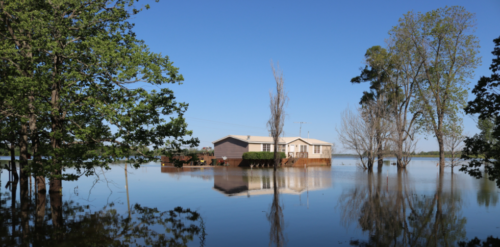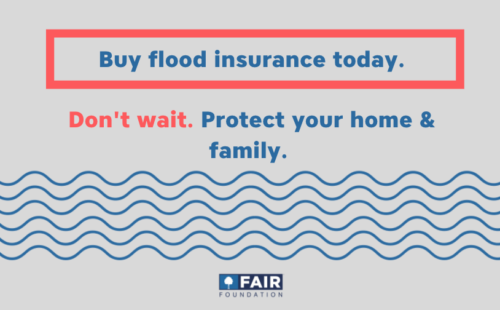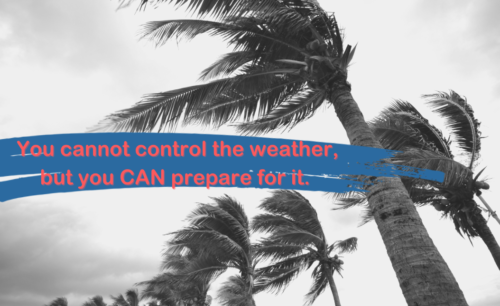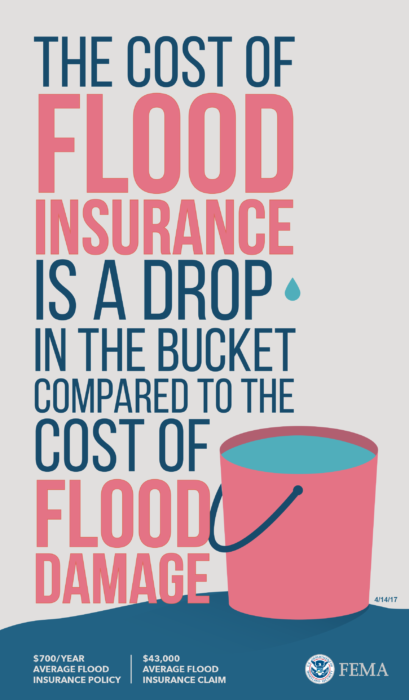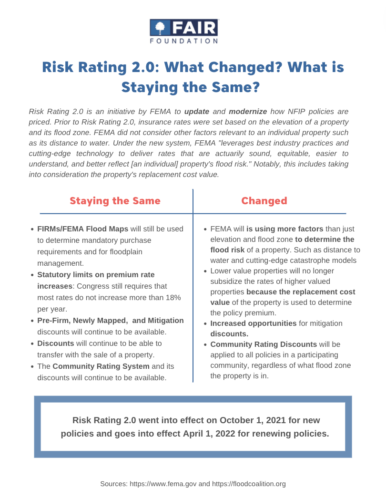You may have heard discussions in the news or from your insurance agent about Risk Rating 2.0. Risk Rating 2.0 is an initiative by FEMA to update and modernize how NFIP policies are priced. Prior to Risk Rating 2.0, insurance rates were set based on the elevation of a property and its flood zone. FEMA did not consider other factors relevant to an individual property such as its distance to water. Under the new system, FEMA “leverages best industry practices and cutting-edge technology to deliver rates that are actuarily sound, equitable, easier to understand, and better reflect [an individual] property’s flood risk.” Notably, this includes taking into consideration the property’s replacement cost value. (Source: www.fema.gov)


